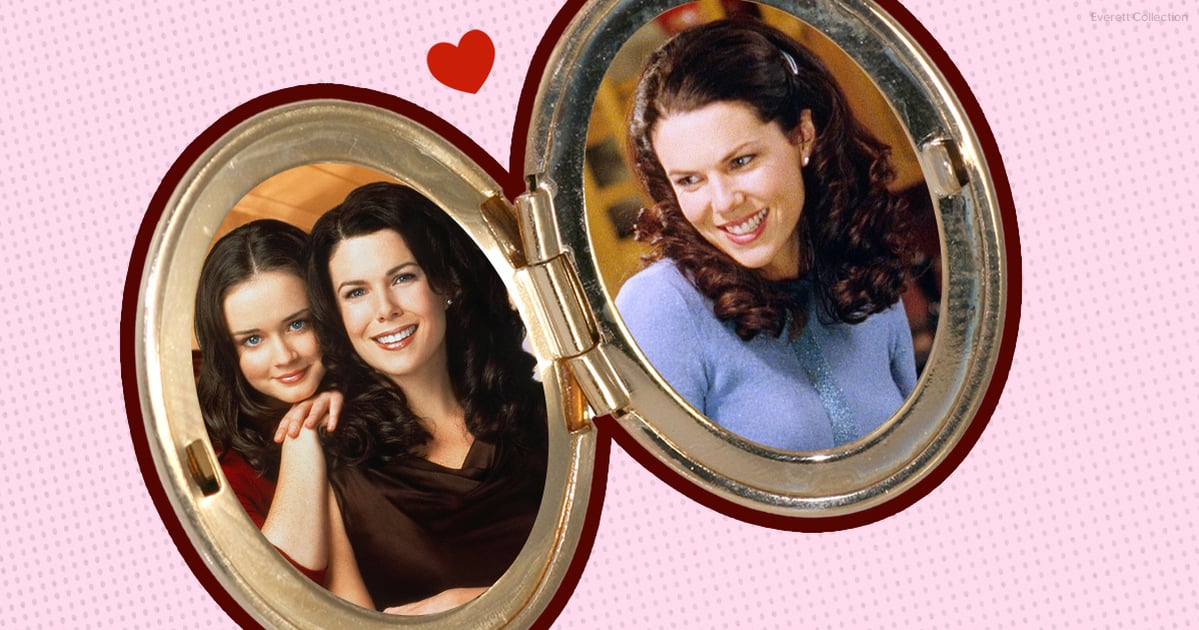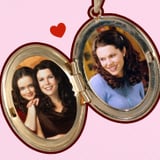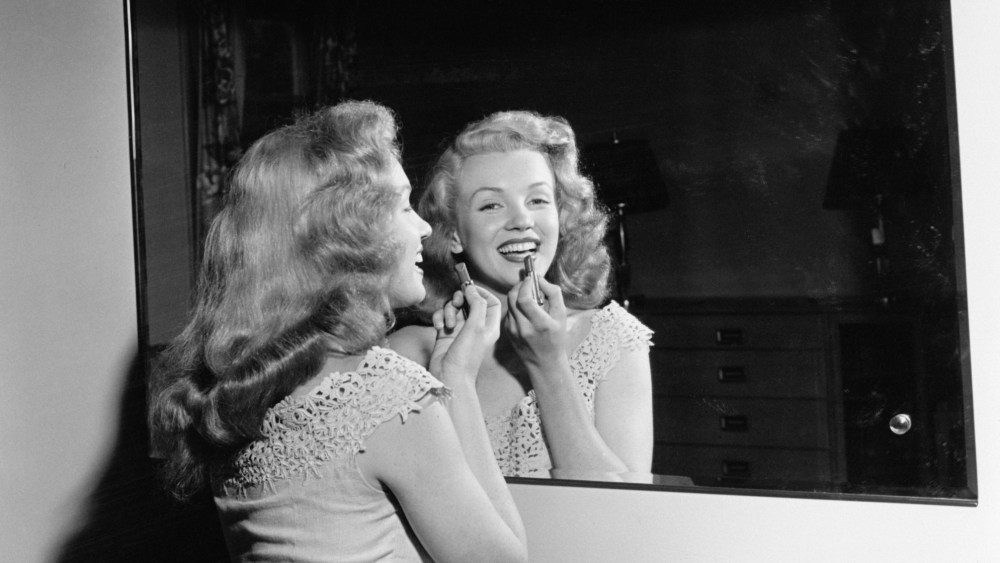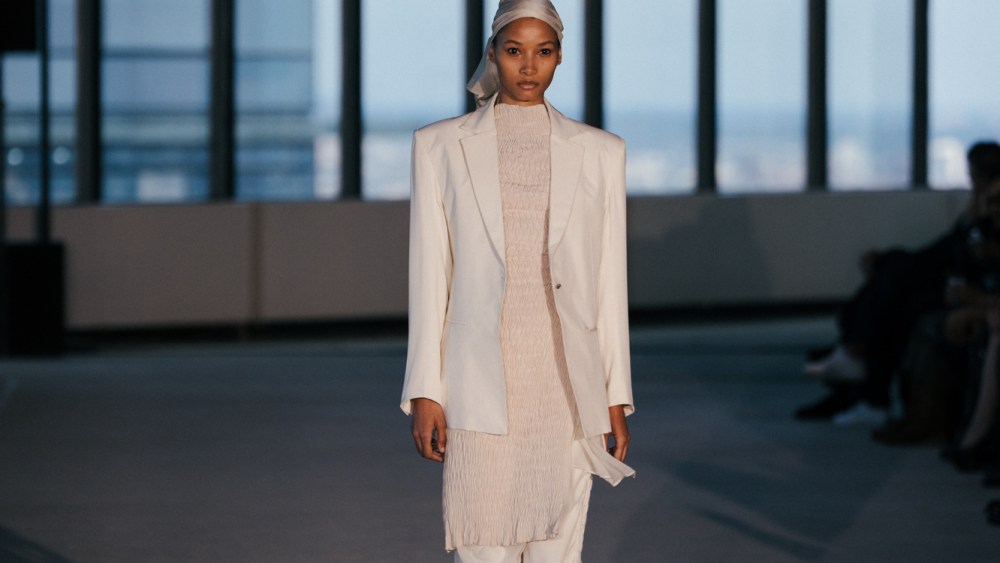When “Gilmore Girls” debuted on The WB in 2000, teen girls everywhere adored the quietly confident teenage character of Rory. Played by Alexis Bledel, she had the kind of life that adolescents dream of: a mom who treated her like an adult, Ivy League-level intelligence, cute boyfriends, and a hometown that looked like it’d smell of pumpkin spice year-round.
Today, those teen girls have grown up. Many of them started their own families, and as they rewatch – and again rewatch – the series, they no longer see themselves in Rory, but in her quippy, caffeine-obsessed mom Lorelai, played by Lauren Graham. “It’s hard not to admire her,” says Shannon Healey, a single mom from Pennsylvania.
It’s not only the character’s deep well of witty one-liners that’s earned her a community of mom fans: Lorelai has the kind of relationship with her daughter that many women dream of. As she puts it herself in one episode, “We’re best friends first, and mother and daughter second.” She’s the “cool mom” millennials wanted to have as teens – and now want to become themselves.
Experts Featured in This Article
Kiva Schuler is a parenting coach and the CEO and co-founder of the Jai Institute For Parenting.
Sure, their relationship dynamic is a bit extreme (it is a teen drama, after all). But there are many real-life moms who see the characters’ tight bond, and are attempting to recreate it at home. Healey, for instance, says she’s intentionally followed Lorelai’s footsteps when it comes to her open, share-all-the-things communication style. “I never wanted my daughter to feel like she needed to keep things from me,” she says. “I wanted there to be open lines of communication. We can have a conversation, hopefully, without judgment.”
For other moms, it’s Lorelai’s respect for her daughter that they love. “Lorelai saw Rory as a person and tried to be there for her instead of pushing her to be someone she isn’t – she wanted her to be herself without shame,” says one mom from the South, who asked to simply go by Yellow. She says she relates the way Lorelai deliberately parents Rory differently from what she experienced growing up under controlling parents.
“I think a lot of parents in our generation resonate with not wanting to be what their parents were,” says parenting coach Kiva Schuler. She points out that while Lorelai’s mother and father were oppressively strict and at times downright manipulative, Lorelai parents from a place of warmth and connection – something that may be appealing to the kind of mom who diligently follows TikTok tips on gentle parenting.
At the same time, there’s also something to be said for Lorelai’s life beyond her identity as a mother. She’s got a successful career, close friendships, and sexy romantic relationships. In many ways, Lorelai’s approach stands in stark contrast to the style of modern parenting that’s become so intense and all-consuming the US surgeon general recently issued a warning about it. What if, instead of being seen as work, parenting was more rooted in friendship? Clearly, the role of “best friend” is far less demanding than that of “anxious parent completely overwhelmed by the stress of trying to raise the perfect child.”
“When we look at a lot of what’s happening right now, and very significant mental health challenges, one conversation that I think we all really need to look at is overparenting,” Schuler says. “It doesn’t need to look like that.”
On the other hand, Schuler points out that Rory is portrayed as an independent child who seemingly doesn’t need much parenting, which lets Loreilai off the hook a bit. But still, she says there’s value in Lorelai’s more hands-off approach. In her own life, as a single mom and business owner, Schuler says her two kids ended up taking on a lot of responsibility at a young age. “I carried some guilt about that for a while,” she admits. “But now that I look at who they are, I don’t know that that was a bad thing.”
To be clear, there are multiple Reddit threads questioning Lorelai’s choices, and debating whether she’s a good parent or not. Many criticize her emotional immaturity, her selfishness, and lack of boundaries with Rory. “We all have this goal that our children at some point become our best friends,” Schuler says. “But in an ideal world, it shouldn’t feel that way until children are fully cooked, right?”
Yet some modern moms say Lorelai’s flaws have only made her more influential on their own choices. For instance, Yellow says she’s learned from the way Lorelai often pulls Rory into her own drama when it comes to things like her dating life and finances. “Sometimes I notice myself unloading too much and pull back,” she says. “To be honest, funny as this sounds, if I hadn’t seen ‘Gilmore Girls’ and disliked that part of Lorelai’s parenting, I’d probably have done it more!”
Healey, meanwhile, says watching Lorelai’s trouble with setting boundaries validated similar challenges she’s faced herself. “She often crosses lines and blurs that mother-versus-friend relationship, which is tough as a single mom,” she says. “I know that I really struggle. You don’t have a partner backing you up, so being the bad guy can be very hard.”
Schuler says that if the character of Lorelai were to come to her for advice in real life, she’d tell Lorelei to really look into and question her deep-seated desire to be a friend rather than a mother. “She would need to go through the process of really understanding the fear or grief or loss that is keeping her from sitting in that role of parent,” she says. “That is a choice that has so much history and so many of her unmet needs underneath it.”
Still, Schuler says that doesn’t mean Lorelai is a bad parent, or a bad example to follow. She believes there is a way today’s “Gilmore Girl”-loving moms can imitate the best of Lorelai while also avoiding her mistakes. “We can be two things at once,” she says. “We can be warm. We can be compassionate. We can be curious about our children’s worldview and experience and not assume to know better about their life than they know themselves. And also, we can be their teacher, their guide, their mentor.” (And maybe think twice before giving them quite so much coffee.)
Jennifer Heimlich is a writer and editor with more than 15 years of experience in fitness and wellness journalism. She previously worked as the senior fitness editor for Well+Good and the editor in chief of Dance Magazine. A UESCA-certified running coach, she’s written about running and fitness for publications like Shape, GQ, Runner’s World, and The Atlantic.




